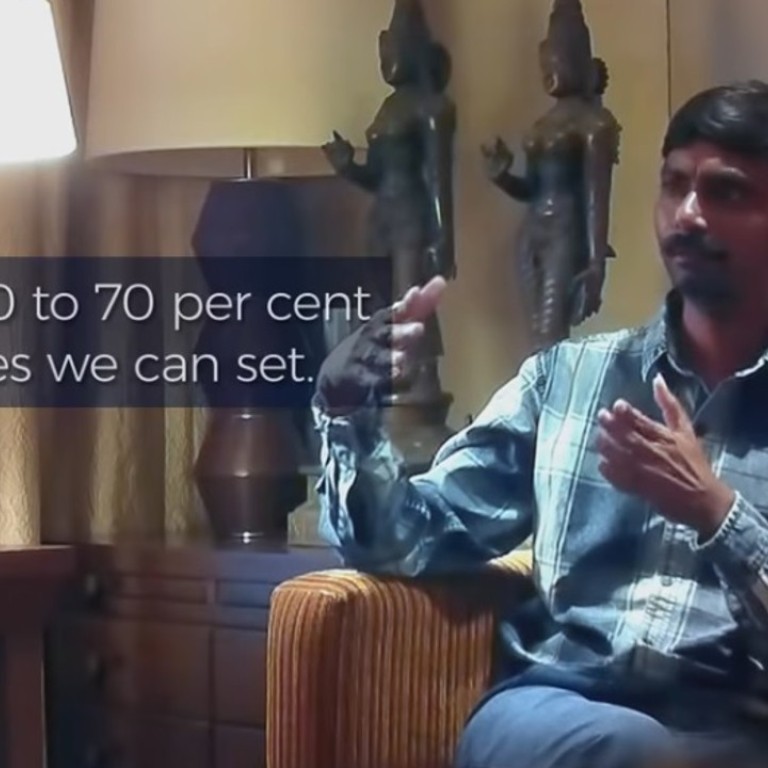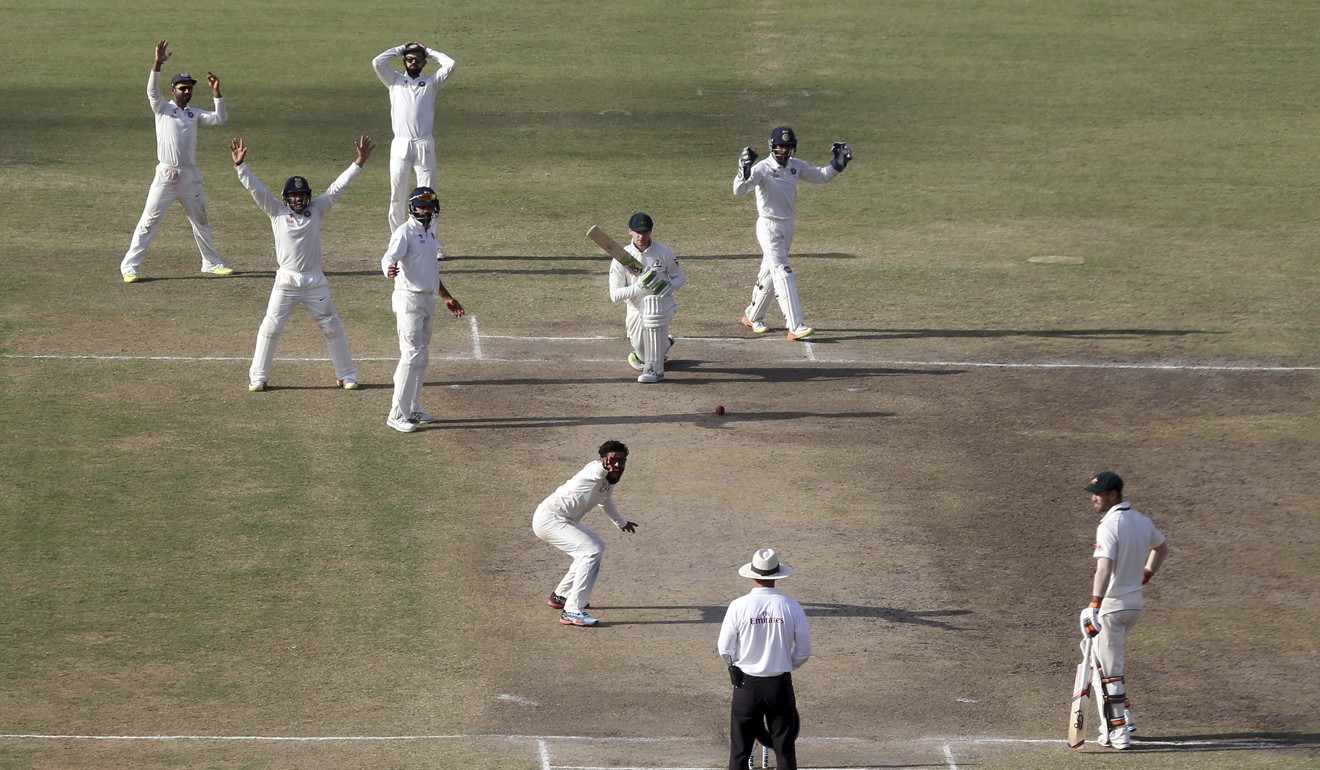
Corruption in cricket: Al Jazeera blasts ‘Anglo-Saxon’ bias and hints of BBC cover-up over match-fixing investigation
- Qatar-based broadcaster defends its documentary into cricket match-fixing
- Al Jazeera hits out at governing body ICC for inability to investigate ‘evidence’
Qatar-based media group Al Jazeera has defiantly defended its documentary about cricket match-fixing, suggesting authorities’ have a racial bias towards “Anglo-Saxon” countries and hinting that British broadcaster BBC was involved in a cover-up after a similar investigation by its Panorama team.
This month, Al Jazeera broadcast the second and final part of its documentary into cricket match-fixing, with the focus on an alleged match-fixer who goes by the name of Aneel Munawar.
The programme claims that Munawar is part of a powerful India-based criminal gang known as D-Company and that he was able to exactly predict 25 out of 26 outcomes in 15 supposedly fixed cricket matches.
These matches involved England, Australia and Pakistan, with Al Jazeera hitting out at the International Cricket Council (ICC) for its inability to investigate these allegations.
A source who has knowledge of a deep undercover operation to expose match-fixing at the highest level, but wishes to remain anonymous because of the sensitive nature of the investigation, says this independent probe is also looking into the BBC claims.
“While our investigation has received praise in many parts of the world, the ICC, together with certain national boards and their supporters in the media, has reacted to our documentary with dismissals and attacks on the messenger,” the two-page Al Jazeera statement read.
“We are particularly struck by what appears to be a refusal in some quarters even to accept the possibility that players from Anglo-Saxon countries could have engaged in the activities exposed by our programme and that the evidence we have uncovered even merits appropriate investigation.”
The first documentary was broadcast in May and showed Munawar telling Al Jazeera reporter David Harrison, who pretended to be a businessman acting on behalf of crooked investors, that 60 to 70 per cent of international matches are fixed.

Munawar was seen to identify three England players and two Australian players who “fix” six to 10-over sessions within a match, in which they under-perform but do not influence the result of the match.
The England players “categorically denied” the allegations while the Australian players refused to comment. Australia’s cricket governing body later said it had interviewed the players and could not find any evidence of wrongdoing. The names of the players were not revealed.
Many media outlets, including The Guardian, which had the headline “False allegations can match real corruption in damaging cricket”, largely dismissed the documentary.
The last paragraph of the Al Jazeera statement made a claim that journalists from the BBC’s Panorama investigation programme were asked to keep information related to meetings with Australian federal police confidential.
Watch Cricket’s Match-Fixers – Al Jazeera Investigations, part one
“Given the manner in which certain individuals within the media have responded to our documentary, we feel that it should be made known that the BBC’s Panorama team investigated Munawar for several years prior to 2015, although their findings were never broadcast,” the statement read.
“We understand the Australian Federal Police’s Organised Crime Division were informed about the investigation and interviewed several of the journalists working on the story about evidence that had emerged concerning the Australian team.
“These interviews took place in London and Mumbai and our information is that, although the journalists in question provided signed statements, they were instructed to keep their meetings with the Australian Police confidential. We believe that these events merit further investigation.
Watch Cricket’s Match-Fixers – Al Jazeera Investigations, part two
“It is noteworthy that the boards in question and their supporters in the media have, in their rush to proclaim the innocence of everybody who is potentially implicated, simply failed to engage with the specific and compelling evidence in the film.”
The South China Morning Post contacted the BBC’s media department on Saturday but received an email saying it would only respond to queries during office hours on weekdays.
Al Jazeera also criticised the ICC for failing to answer specific questions in relation to Munawar, who they claim is known to the ICC.

